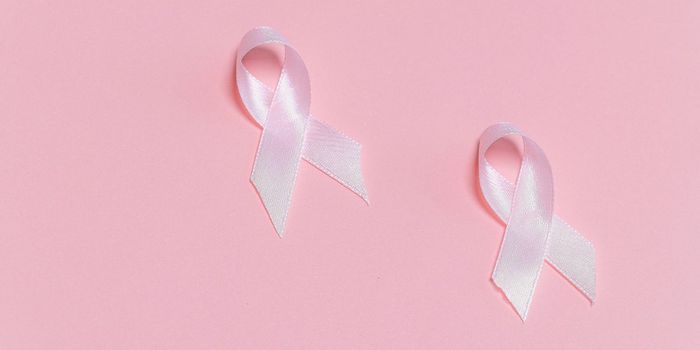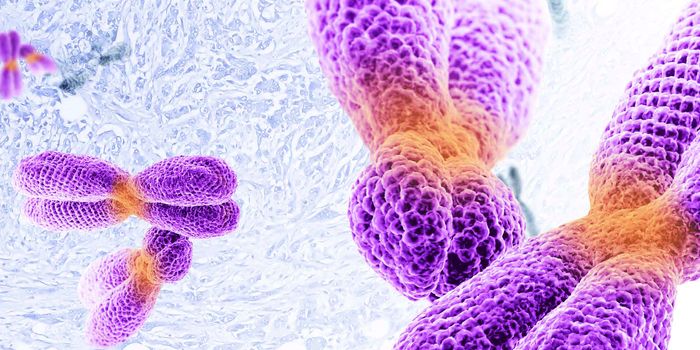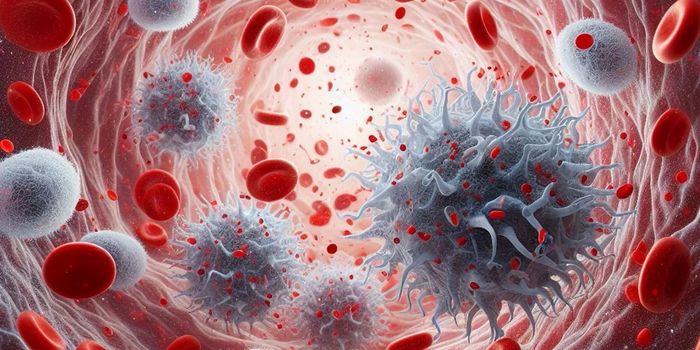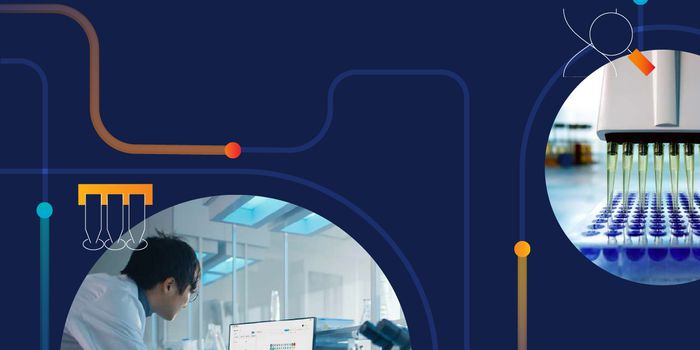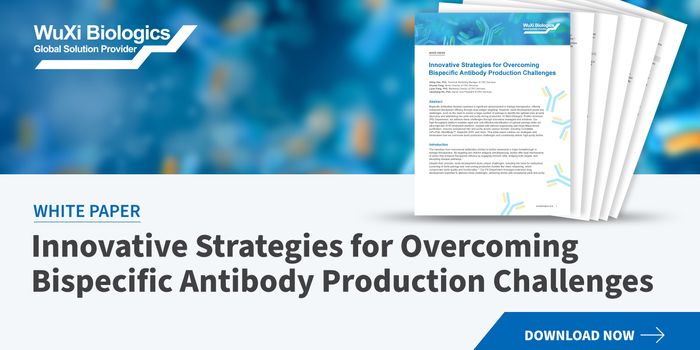Metformin could treat triple-negative breast cancer
Triple-negative breast cancer is not a cancer diagnosis anyone wants to receive. A particularly aggressive form of breast cancer, triple-negative has high rates of recurrence and lower chances of survival when compared to other types of breast cancer. But new research published in the journal Carcinogenesis highlights a path of hope for patients with this type of cancer. Researchers report that the drug metformin, which is used to treat diabetes, could also make cancer stem cells weaker and easier to target and provide new alternative treatment options.
The research was led by Jeremy Blaydes, a reader in Cancer Cell Biology at the University of Southampton in the United Kingdom. Blaydes and his colleagues administered a low dose of metformin to cultured breast cancer stem cells over eight weeks. Cancer stem cells are crucial in the formation and advancement of triple-negative tumors, so the researchers thought targeting them could lead to alternative treatment methods.
Metformin is used to treat people with type 2 diabetes because it lowers blood sugar levels. Cancer cells (like all cells) are dependent on glucose and oxygen to survive; introducing metformin to them changes their metabolism and makes them rely more on glucose and go through glycolysis more. During this process, the researchers found that a type of protein called "C-terminal binding protein" (CtBP), which drives tumor growth, is also more active.
That may not sound like a good thing, but what it does is make the cells more susceptible to treatment with CtBP-inhibiting drugs. After the researchers administered metformin to the cells and then treated them with CtBP inhibitors, they found that the growth of cancer stem cells fell by 76%.
"Our work has given us the first glimpse into how changes in metabolism can alter the behavior of breast cancer stem cells and reveal new targets for therapy," stated Blaydes. "We are only beginning to scratch the surface in this area of research. [W]e now need to push forward the development of CtBP inhibitors as breast cancer drugs. We hope these could lead to new treatment options for breast cancer patients who most need it."
Sources: Medical News Today, Carcinogenesis


